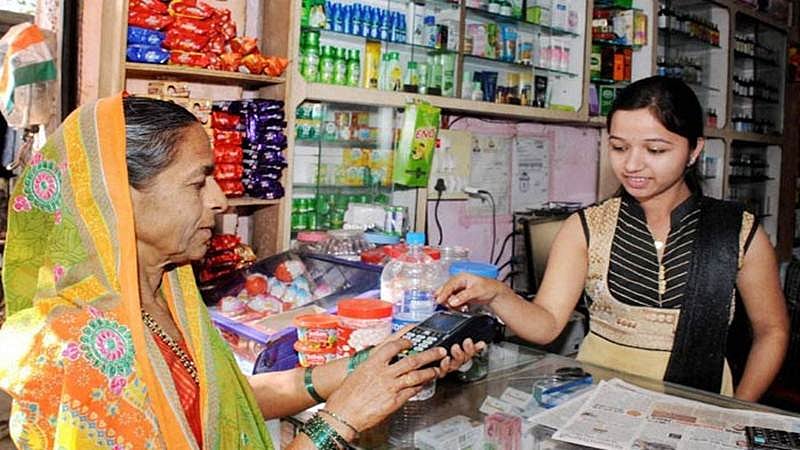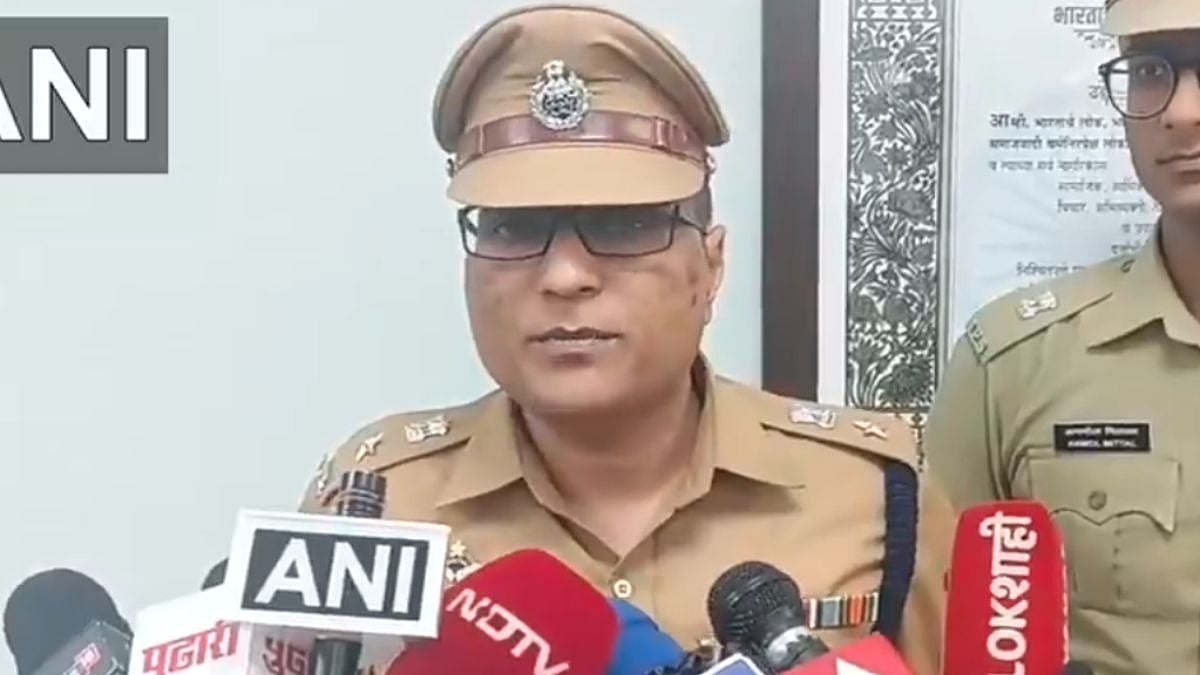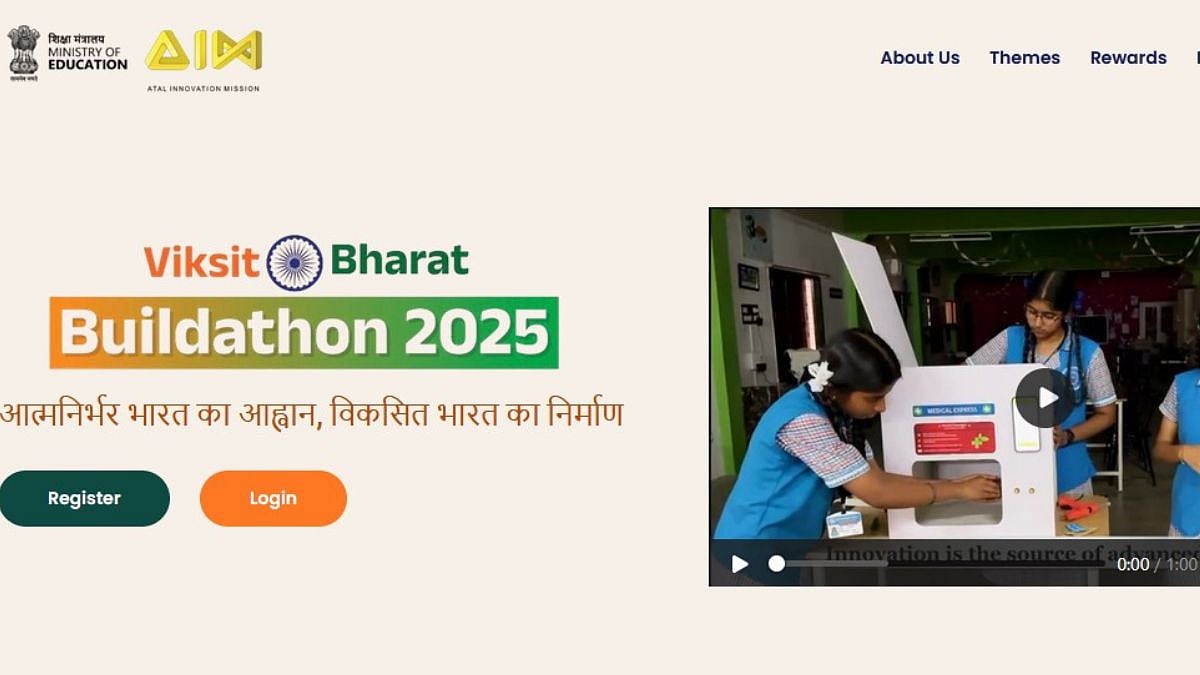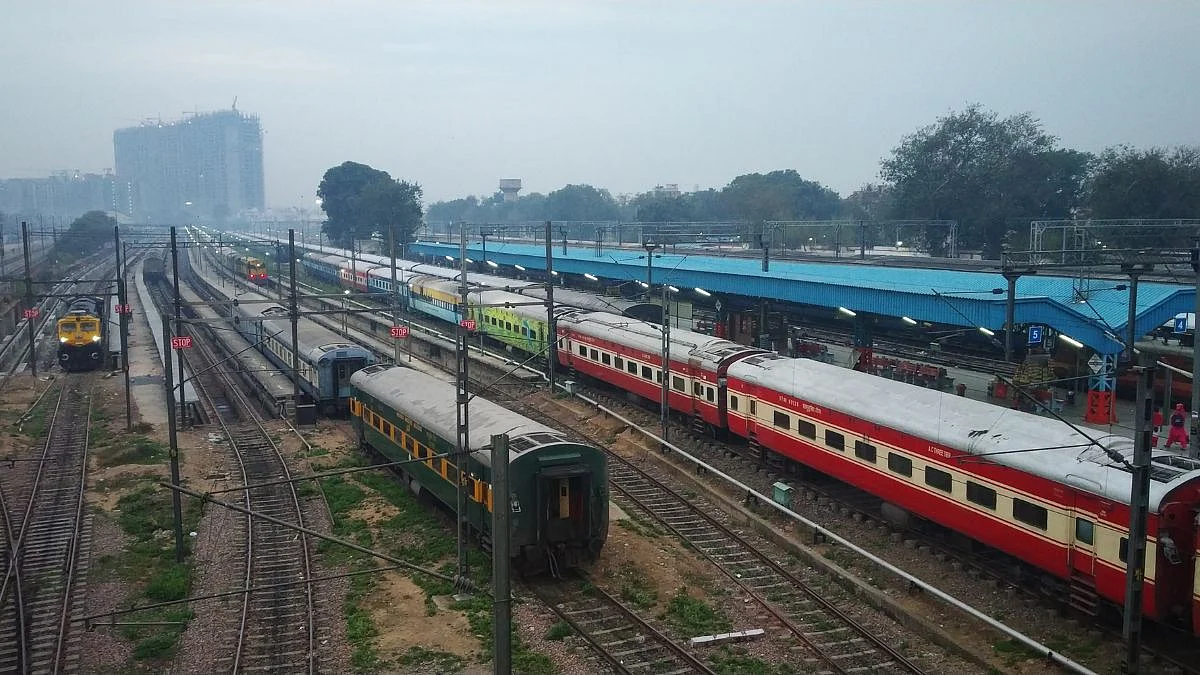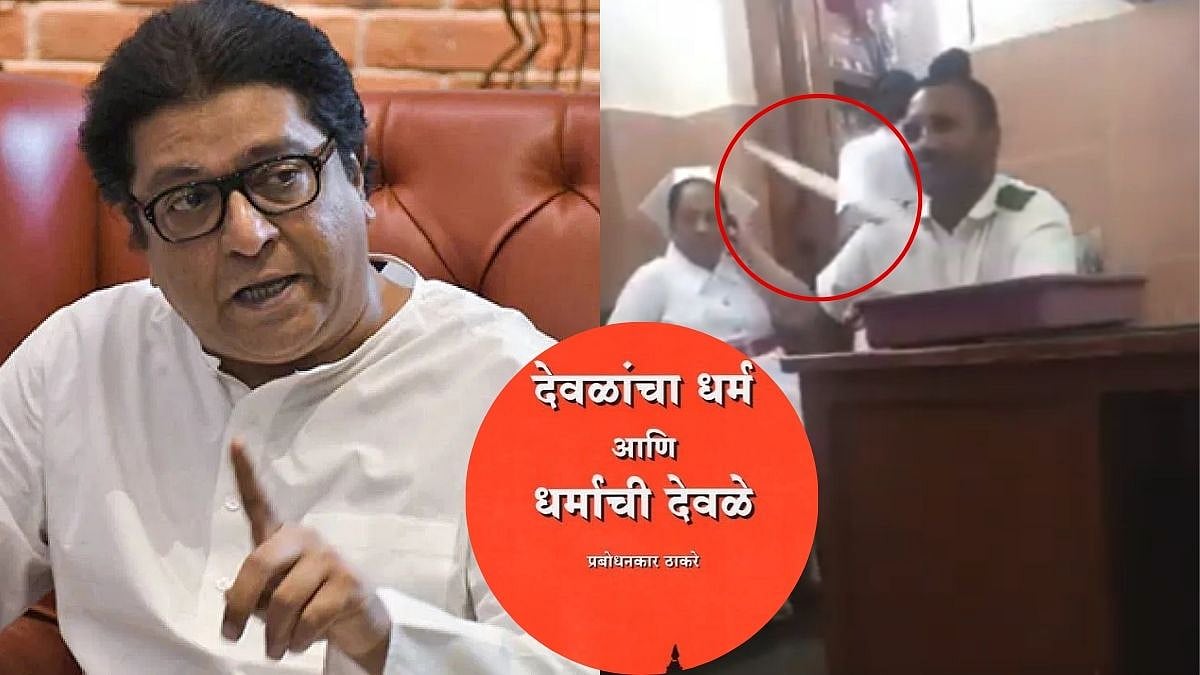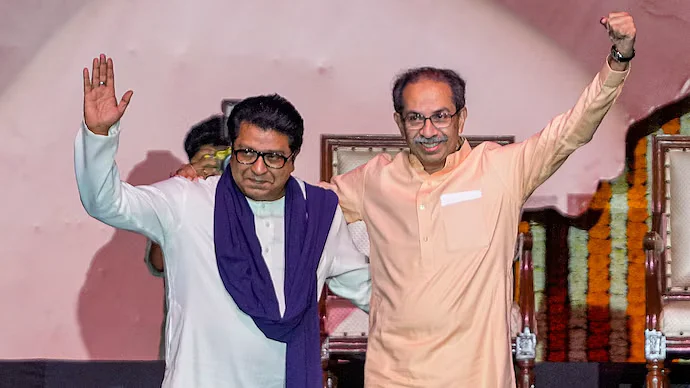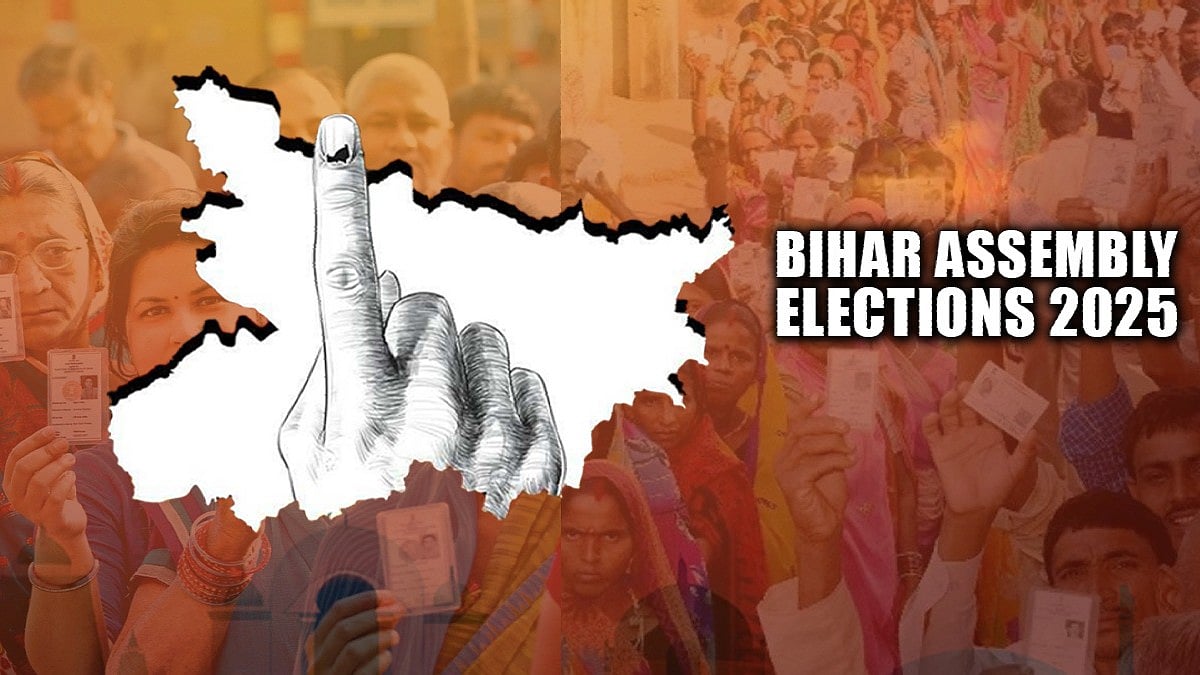Even while we cope with the struggle of getting hold of cash so that we can manage our lives and the government exhorts us to move to digital, comes news that should make all of us, especially policy makers, sit up and take note.
The digital economy will involve moving almost totally online, spending, saving and investing via digital platforms and giving up the use of notes and coins. A noble objective, one that this government has turned into an obsession and to push which, it has, with one stroke, rendered 86 percent of the currency redundant.
To many of us, especially in the cities, digital money is not new. We pay bills online, get payments the same way and now, increasingly, are using e-wallets to make micro payments. But we are a small minority. India is a cash economy and those who don’t have the wherewithal — an internet account, a data plan, a smart phone, net banking — are out of the system. In addition, there are many payments that need to be made by cash, such as buying your morning vegetables. Yes, theoretically the vendor can have a Paytm account, but with poor bandwidth, especially in the villages and small towns, is that even possible? Increasingly, Narendra Modi’s order is looking like a firman of the kind Mohammed bin Tughlaq used to issue and expect his subjects to follow.
But, we must proceed with caution, and not just because of the above mentioned reasons of lack of infrastructure, but something more worrying. Time and again there have been concerns about the safety and security of the online world — mass email hacks are becoming all too frequent — and in India, three recent incidents in the past few days reinforce these concerns.
First consider the hacking of emails and Twitter accounts of prominent public figures. From Rahul Gandhi to Vijay Mallya to journalist Barkha Dutt, all of them found their accounts hacked. Silly messages were posted and in Dutt’s case, her private emails, including details of her personal funds in her bank account, were made public. The hackers, an anonymous group called Legion, have promised to dump even more information. Imagine for a moment someone taking control of your emails and bank accounts and either spreading the information around or worse, stealing your money.
Then, a less known story about the hacking of data from a pathology laboratory in Mumbai. This may not be, on the face of it, as scary as the theft of identity or cash, but is equally frightening. A blackmailer could get details of your medical test and threaten to expose it to your partner, boss or the general public. In any case, it is private information, and should remain private.
And now, the almost laughable occurrence in the Ministry of Home Affairs, which one day gave permission for receiving foreign funds to Teesta Setalvad’s NGO and just the next day withdrew it. It hasn’t been said explicitly, but the implication is that someone hacked the account and sent out the mail. If true, that means the upper echelons of the government of India, which should have the most secure computers, are also not safe anymore.
Why, there are reports that the Russians hacked into Democratic party servers in the US and even influenced the elections.
All of which, for the common person, implies that his or her life could be an open book for some mischievous element and one day, everything — personal information, health records and savings — could be out there in the public domain. It could severely hurt even those who are reasonably comfortable; it could devastate a poor person. Chipset maker Qualcomm says that no mobile payment app in India is safe; thus no matter what precaution one takes, including changing passwords, it will not be enough.
Many people don’t even trust banks, preferring to keep their cash at home. Old people, the poor, the daily wage earners, villagers — all would find it difficult to deal with the banking system, offline and online. Now, their savings have been made redundant and they are being force to not just open bank accounts, but also go fully online, a double whammy. Is it surprising that there is large scale distress and over a month after the shock announcement, people are still suffering?
The macro economic arguments for and against demonetisation of high value notes and the fight against black money and corruption (and terrorism, which was mentioned earlier but now has been forgotten) are not the issues anymore. Now it is about real people, the innocent citizens of this country, facing real problems on a daily basis. By all calculations, these problems will continue for another four months at least and perhaps more than that, unless enough notes are available. The suffering and the loss to the economy can only be imagined.
The worst part is that even when things stabilise, the government will continue its relentless push for a digital economy, not fully taking cognisance of Indian realities. Towards that goal, who knows what it could do? That is what we should be really worried about.
The author is a Founding Editor of The Wire. He is a journalist and writer based in Mumbai.
